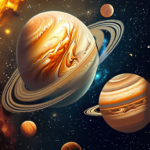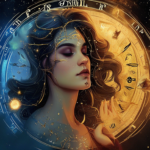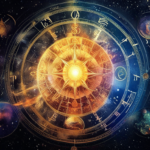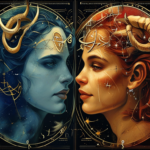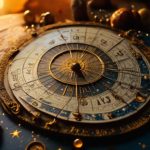The Universe Within Us: Exploring the Facts and Myths of Astrology.
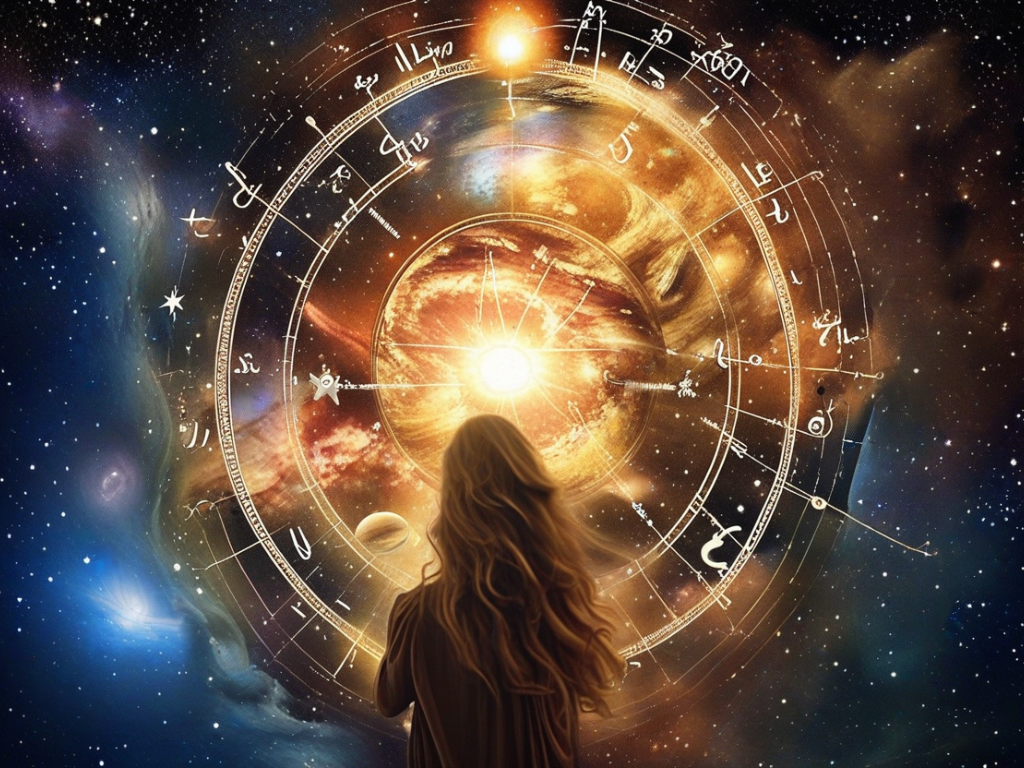
We all know the saying, “as above, so below,” and nowhere is this more felt than in the practice of astrology. If you’ve ever gazed up at the glimmering night sky and felt a profound connection to the cosmos, you’re already attuned to the essence of astrology. This ancient discipline suggests that the universe and its celestial bodies somehow shape our personalities, relationships, and destinies – a belief that continues to enrapture humanity today. But is there any truth in the stars, or is astrology merely another enduring myth? Let’s take a cosmic journey together and see where we land.
Astrology has graced our world for thousands of years. Ancient cultures looked up at the heavens, and, in their wonder, weaved stories about the gods and heroes they saw in the stars. These narratives eventually became the constellations, acting as cosmic roadmaps for their journeys and cycles of time, and more significantly, a mirror to our most human experiences below. Intrinsically, these ancient astronomers were astrologers, seeking answers about who we are as humans, why we are here, and where we are going.
Understanding astrology isn’t about fortune-telling or knowing your best color based on your zodiac sign, though it can certainly be fun to delve into these aspects. At its core, astrology is more akin to a celestial symphony, resonating the complex harmonics of the cosmos. It’s about the relationship between the macrocosm, the universe at large, and the microcosm, our inner universe. The planets and the signs are merely the tools, the musical notes, and the chords, which we use to decipher this universal language.
Consider your birth chart, a snapshot of the sky at the moment of your birth. This unique planetary alignment, to some, may merely be a random display of celestial coordinates. However, to the astrologically inclined, it’s a cosmic symphony; a captivating dance of energies that encapsulates your essence. Just as a piece of music can move us emotionally and spiritually, so too can an astrological reading.
Now, how about the scientific validity of astrology? It’s quite a contentious topic, with detractors and advocates on both sides of the fence. Indeed, astrology isn’t a hard science like physics or biology. However, it doesn’t mean that it entirely lacks scientific merit. There are observable correlations between celestial events and human behavior, albeit they may not hold up under rigorous scientific testing. But before we hastily dismiss astrology as entirely pseudoscientific, consider this: truth can often exist outside the realm of scientific explanation. Some facets of being human – love, inspiration, wonder – simply aren’t meant to be dissected in a lab.
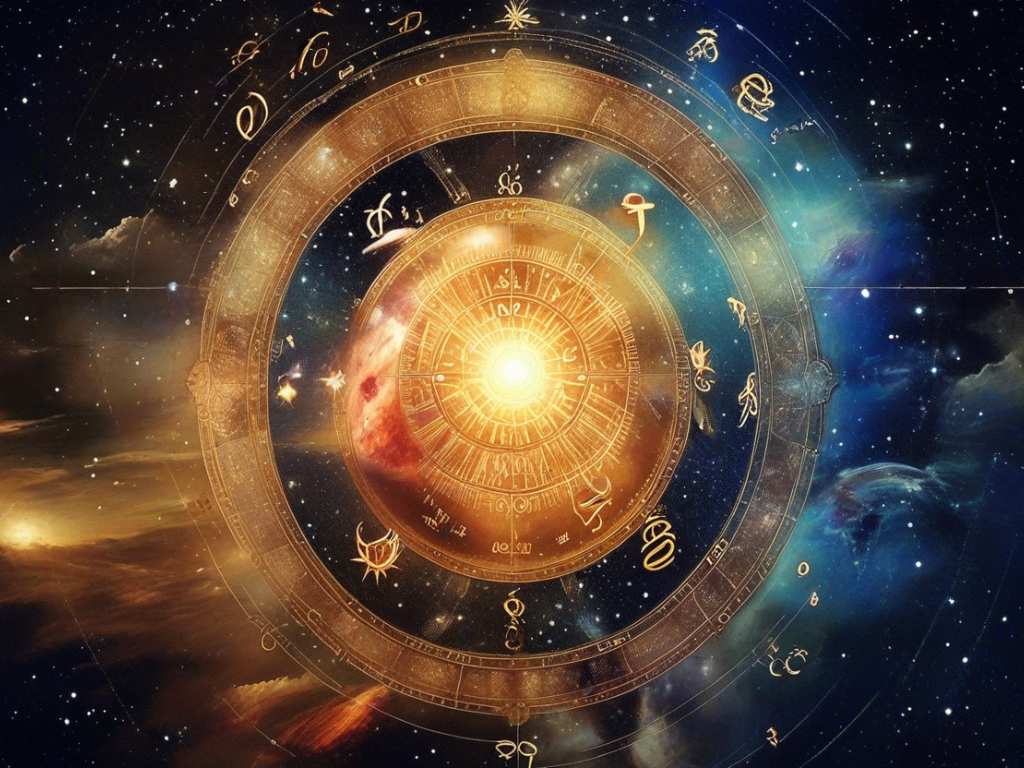
Let’s consider the planet Venus, often associated with love and beauty. When Venus is particularly active or prominent in a person’s chart, they could exhibit an affinity for harmony, aesthetics, or relationships, embodying Venusian properties. Is this a coincidence? Perhaps, but it’s also possibly a dance of cosmic empathy, reflecting the deep, inexplicable resonances of the universe within us.
Is it possible that our ancestors, in their profound wisdom, stumbled upon advanced psychological insights and found the best way to communicate them through the metaphor of celestial bodies? Perhaps astrology is less about planetary influences and more about a profound understanding of human nature.
Often, astrology’s value lies not in its scientific accuracy but in its therapeutic potential. Much like a therapy session, an astrological reading offers a space to explore oneself at a deeper level. It lets us examine our strengths, confront our weaknesses, and unravel the threads of our unique narrative. The astrologer, like a skilled therapist, uses the birth chart not as a rigid predictor of fate but as a tool to promote introspection and personal growth.
So, whether you see astrology as fact or fiction, a truth or a myth, its real worth lies in the hands of the beholder. For some, it may be a guide on their journey of self-discovery, a means to unlock deeper spiritual dimensions. For others, it may simply be a source of comfort and mystique. We each carve out our path under the same cosmic roof, seeking, searching, and finding our way in the vast expanse of the universe.
As we delve into the celestial realm of astrology, remember, the constellations we gaze upon are thousands of light years away, yet inescapably intertwined with our human journey. There is, indeed, a universe within us, resonating with the cosmic symphony above. It’s a celestial harmony that beats in our hearts, whispers in our souls, and dances in our dreams.
In the grand canvas of the cosmos, we are not merely spectators but active participants. And so, as we navigate through our existence, our inner cosmos collides with the external, painting a beautiful symphony of stars, planets, and galaxies within us. In this dance, we find our place in the universe, and perhaps, if we listen closely, the universe might just reveal its secrets, waiting to be discovered within us.+”,
